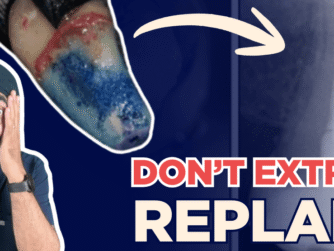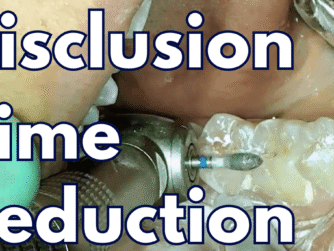Podcast: Play in new window | Download (Duration: 47:38 — 68.8MB)
I am a big believer that the culture of your work place is probably the number one determinant of your fulfilment and joy from clinical Dentistry.
In this non clinical episode I talk with Dr. Sandy about his past experiences and the reasons he had to make a significant change in order to find fulfillment in his career. We also discuss how to recognize a toxic culture in Dentistry and how to stand up for yourself if you’re in one of those environments.
We hope this episode inspires you to take some sort of action, whether it’s small or large, that will improve your enjoyment of work.
Highlights of this episode:
- 2:13 Dr. Sandy’s Introduction
- 3:16 Dental Public Health Experience
- 6:16 Dr. Sandy’s Transition from Public Health to Private Practice
- 10:11 Taking massive action
- 14:10 Recognizing a toxic working culture
- 17:29 Stepping out of the toxic work environment
- 19:33 Significance of having a plan for your career
- 24:57 Importance of taking clinical photos
- 29:26 Improving Dentistry through social media
- 34:48 Dealing with litigations and patient complaints
- 41:55 Recognize solutions rather than problems
If you enjoyed this episode, you will also like Being Unstoppable with Ferhan Ahmed








[…] If you liked this episode, you should check out Toxic Work Cultures in Dentistry – Time for a Change? […]